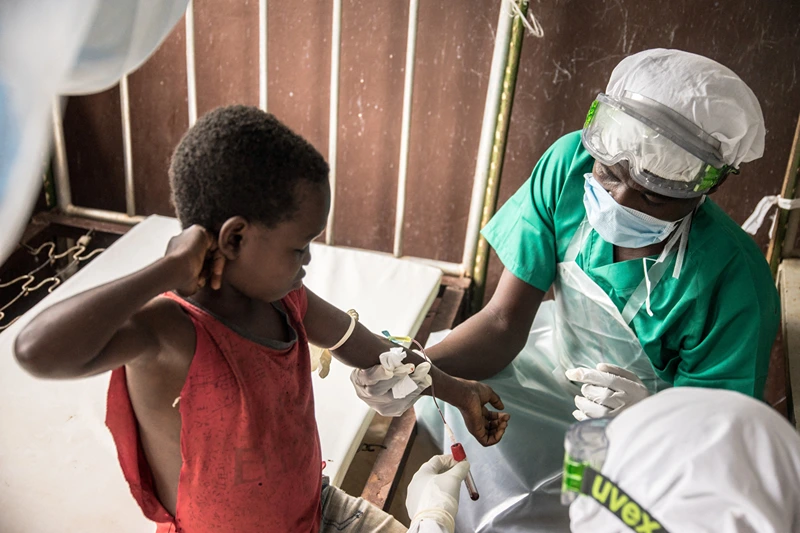
OAN Staff Blake Wolf
5:53 PM – Wednesday, August 14, 2024
The World Health Organization (WHO) has declared Monkeypox (Mpox) to be an international health emergency after a new strain of the virus has rapidly spread across Central Africa in only a few short months.
The concerning spread of the virus has also prompted the Africa Centres for Disease Control and Prevention (CDC), the public health agency of the African Union, to declare a public health emergency.
WHO Director-General Tedros Adhanom Ghebreyesus released a statement on Wednesday regarding the outbreak.
“Today the emergency committee met and advised me that, in its view, the situation constitutes a public health emergency of international concern. I have accepted that advice. The detection and rapid spread of a new clade of Mpox in eastern DRC. Its detection in neighboring countries that had not previously reported Mpox and the potential for further spread within Africa and beyond is very worrying,” said Ghebreyesus. “It’s clear that a coordinated international response is essential to stop these outbreaks and save lives.”
Mpox has now been detected in at least 13 African countries with cases increasing at extremely high rates. Officials also say that fatalities have increased by 19 percent due to the virus.
Mpox has now seen 14,000 cases and over 500 deaths, according to Africa’s CDC.
Additionally, Africa’s CDC is “now in talks with the international community” in order to acquire more vaccines, as around “10 million doses are needed” with 200,000 currently available to the health organization, according to BBC News.
The infection is spread through skin to skin contact as well as through bodily fluids, which causes skin lesions, rashes, and flu-like symptoms.
Stay informed! Receive breaking news blasts directly to your inbox for free. Subscribe here. https://www.oann.com/alerts

